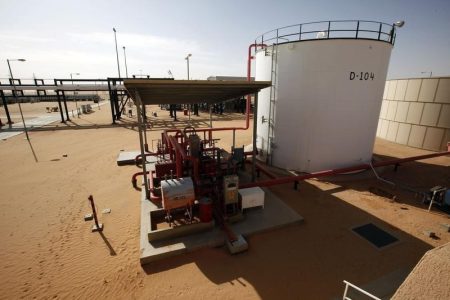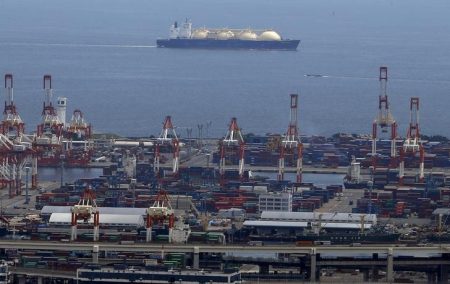As the COP28 climate summit in Dubai approaches its scheduled conclusion on Tuesday, tensions are high among nearly 200 countries over the potential inclusion of fossil fuel phase-out language in the final agreement. U.N. Secretary General Antonio Guterres has emphasized the importance of a deal that accelerates the reduction of coal, oil, and gas use to prevent catastrophic climate impacts.
Guterres acknowledged the challenges faced by different nations in transitioning away from fossil fuels, stating that not all countries are expected to eliminate their use simultaneously. He highlighted the need for significant financial support to assist developing nations in overhauling their energy systems.
South African Environment Minister Barbara Creecy, speaking on Sunday, underscored the divide between ambitions for climate action and the means to implement such changes, indicating a need for financial mechanisms to support these efforts.
A group of over 100 countries, including major oil and gas producers like the United States, Canada, Norway, the European Union, and climate-vulnerable island nations, are advocating for an agreement that explicitly calls for the phasing out of fossil fuels. This proposal has not been previously accomplished in the history of U.N. climate summits.
Canadian Environment Minister Steven Guilbeault expressed frustration with the opposition led by the Organization of the Petroleum Exporting Countries (OPEC) to include explicit language on fossil fuels in the agreement. Guilbeault, representing a significant oil and gas producer, recognized the complexity and unease this transition might cause but insisted it is not a reason to avoid action.
The high consensus threshold required for any deal at U.N. climate summits means that all participating countries must agree on the steps forward. This process is designed to ensure that the global community is unified in its approach to climate change, which countries should then implement through national policies and investments.
Saudi Arabia, seen as a key opponent to the fossil fuel phase-out language, did not comment when requested. However, a Saudi representative stated on Sunday that the COP28 deal should focus on reducing emissions rather than targeting specific energy sources.
Despite the push for a transition to renewable energy, fossil fuels still account for approximately 80% of global energy production. OPEC and OPEC+ members, including Russia, Iraq, and Iran, have also reportedly resisted the inclusion of a fossil fuel phase-out in the COP28 agreement.
The United Arab Emirates, a major oil producer and host of the summit, has called for compromise among countries to achieve a deal that addresses fossil fuels.
Singapore’s environment minister Grace Fu acknowledged progress in some areas of the negotiations on Monday but noted that significant work remains to bridge the gaps on critical issues. With the summit potentially extending beyond its scheduled end date, the outcome of these negotiations will be closely watched by the global community.
This article was generated with the support of AI and reviewed by an editor. For more information see our T&C.
Read the full article here















